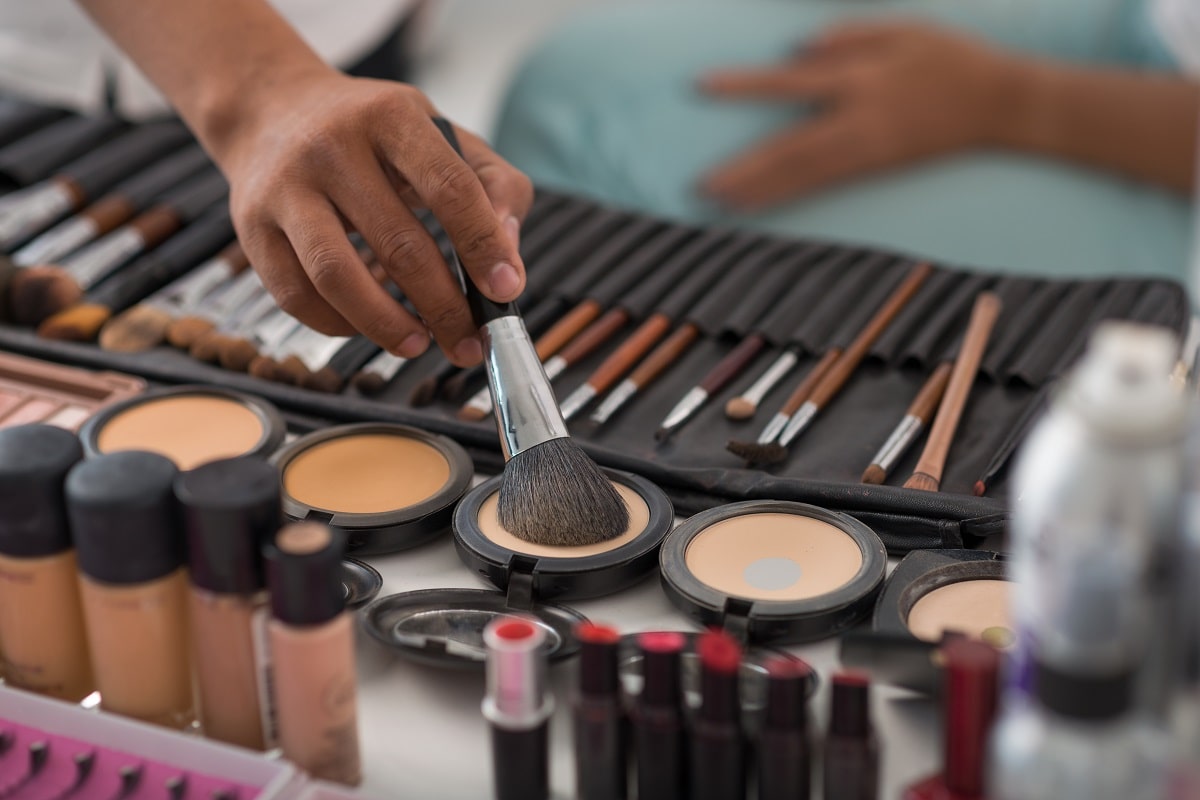One of the most important things about revenue streams in the music industry is registering your song. Without registering your song and without having proper songs splits, there is no revenue to collect. That money just sits out there in the ether with really no place to go. That armored car is driving around the parking lot with no hope and no place to stop. How do you solve that?
Every time you write a song—whether you’re writing it with a partner, a friend or somebody else you’ve collaborated with in the past—you should never leave a songwriting session without a song split sheet. It’s a very simple sheet that just says, for example, I wrote 50% of the music, and you wrote 50%, so those are our shares. Without having an effective song split sheet, you’re opening yourself up to a lawsuit. If things go well for you and the song becomes a big hit and you have an argument later on about who owns what share of the song, that money gets held up for as long as the litigation gets held up. You don’t get paid on your song for quite some time.
Song splits can take many different forms. Two people could be a 50-50 split. It could be 95-5. Some songs have seven or eight different writers on them, ranging from 50% for one writer down to 3.5% percent for another. Online music education will show you that Kanye West famously had 21 writers on one song.
Consider “All Day” with music by Kanye West. Kanye sang: “I took a young, sweet breath. And I reached into my head. Gave him what I had left. At that moment I dispersed. At that moment I dispersed.”
Of course, that’s not even including the idea that perhaps you sampled some of a previous song or used a beat from somewhere else. Those rates need to be negotiated as well. So, without a song split sheet, you can’t even register your song. Once you have your song split sheet, and once you are clear on who did what and who contributed how much, you’re able to then go ahead and register your song with a performance rights organization like ASCAP, BMI or SESAC. It’s very important you do that.
You can also then take your song and register it online. All of this can be done online with SoundExchange, for example. SoundExchange collects all your digital royalties for you. Then, of course, when you upload your song to Spotify or Apple, all that information is given there. You’d be surprised how many artists don’t take the first step toward monetizing their music by simply registering their songs with the proper performance rights organizations and collection agencies that are able to get that money for you. It’s a vital part of being in the music industry. If you’re in a situation where you have a major label or you have an indie label on your side and you do have representation like a lawyer or a business manager, they’ll often advise you to do these things. We’re living in a day and age in which music education teaches us that the artist really must take control of their own career. And this is the first step to doing so, making money doing what you love.







